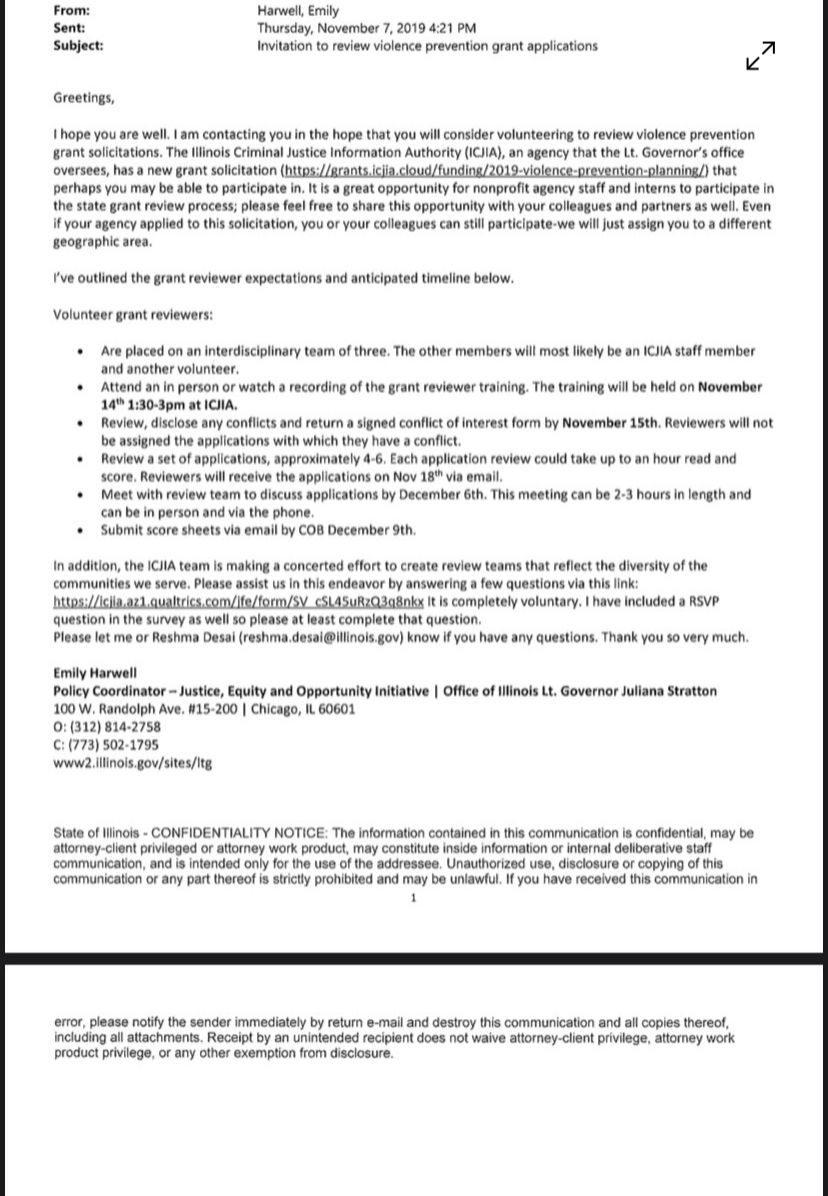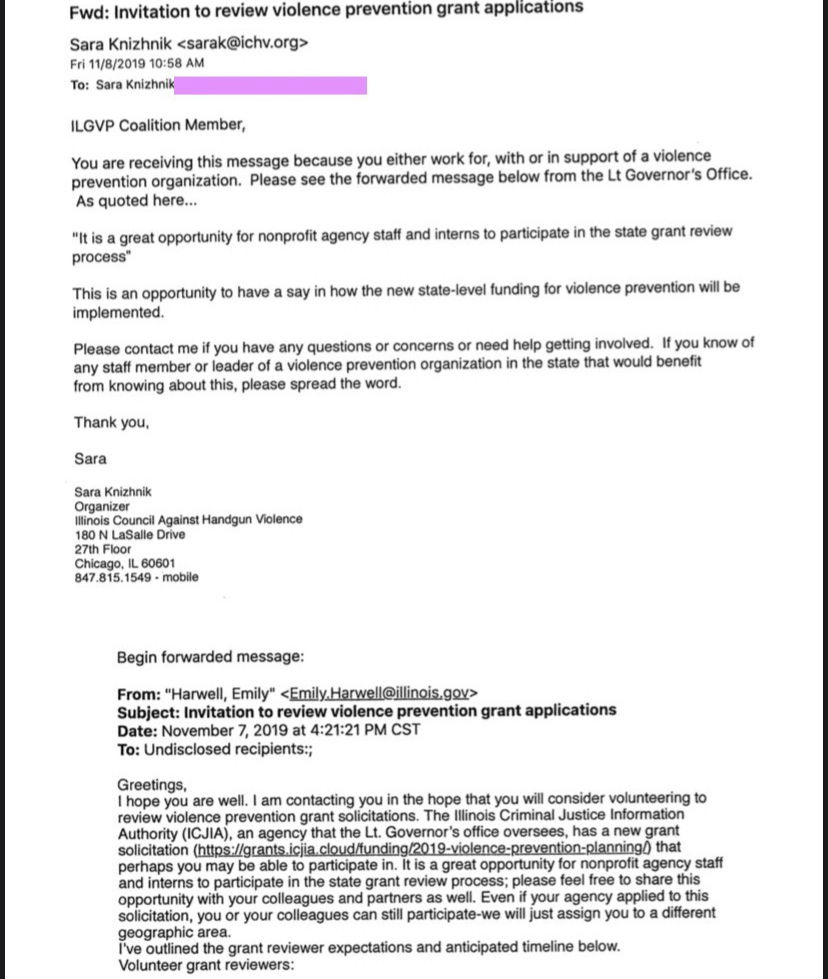The Cook County State’s Attorney’s Office (CCSAO) commits to creating a safer, stronger Cook County by approaching every case with integrity, demanding accountability, and increasing our presence in the community. Building on that promise of safety, State’s Attorney Foxx created the Gun Crimes Strategies Unit (GCSU) - an initiative of taking prosecutors out of the courtroom and putting them directly into police districts struggling with high rates of gun violence. GCSU prosecutors work closely with law enforcement to develop intelligence that identifies individuals driving violence in two of Chicago's most violent police districts.
The CCSAO Community Justice Centers are located throughout the County and have assigned Assistant State’s Attorneys (ASA) to prosecute cases specific to the communities in which they work, including targeted offenses and repeat offenders. In addition to prosecuting cases, the ASAs work to prevent crime by collaborating with community stakeholders through local outreach, seminars, workshops, and speaking engagements to inform and educate citizens on crime-related issues.
The CCSAO works in close partnership with local and national organizations fighting to end gun violence. Some of those partners include:
LOCAL ORGANIZATIONS
Cook County Sheriff’s Office Crime Tip Form
NATIONAL ORGANIZATIONS
I‘m curious why lobbying organizations like Brady, Everytown and Moms Demand Action (as well as the Illinois Council Against Handgun Violence, see below emails and link) are allowed to work with prosecutors. Are they elected officials? Are they extension of local governments? Will they get a say in who is prosecuted and who isn’t? I’m curious if any of this plays into the state R3 grants that these groups can take advantage of through the sale of legalized marijuana.



A quick note as well. If any of Foxx’s crap regarding allying with gun control groups for this program is using R3 grant money, its taxpayers (not from weed sales, that starts in 2021) that are funding the gun grabbers:
The R3 program, which was created as part of state legislation legalizing marijuana, invests 25 percent of tax revenue from adult-use cannabis into communities most impacted by mass incarceration and the war on drugs. The program’s first $31.5 million in grant funding comes from a $35-million appropriation from the General Revenue Fund to the ICJIA for the 2021 Fiscal Year.
Information on how to apply can be found at https://r3.illinois.gov/.
Since January, Illinois has brought in $52 million from taxes on legalized marijuana sales, according to a Tuesday news release from the governor’s office. By law, a quarter of that income and subsequent cannabis-tax revenue will fund future R3 grants.
UPDATE 9/15/20 (and relevant):
A Chicago felon who was being monitored electronically following charges of possessing a stolen firearm as a felon has now been charged with allegedly shooting five people over the weekend, two of whom died.
CWB Chicago reported that a 39-year-old man was holding a party in his backyard on Saturday when he ordered everyone to leave around 2 a.m. He then started shooting, hitting five people, killing two. One partygoer with a concealed carry permit fired back, critically injuring the original shooter, before he was killed. The latest incident comes at the same time that Chicago State’s Attorney Kim Foxx claimed gun violence was increasing in the city, touting the city’s Gun Crimes Strategies Unit in a tweet on Monday.
“Our innovative Gun Crimes Strategies Unit puts prosecutors directly into police districts struggling with high rates of gun violence – where it’s decreasing at a higher rate than the city as a whole. These data-driven efforts show the reality of addressing both safety & reform,” Foxx tweeted while linking to a tweet from the State’s Attorney’s Office that provided a study showing arrests are up in the districts with prosecutors. That study, from the University of Chicago Crime Lab analyzing CPD records, claimed that fatal and non-fatal shootings in the five districts with a GCSU prosecutor “decreased by 35% from 2016 to 2018, compared to 31% for districts without an embedded prosecutor.”
.png)
Comentarios